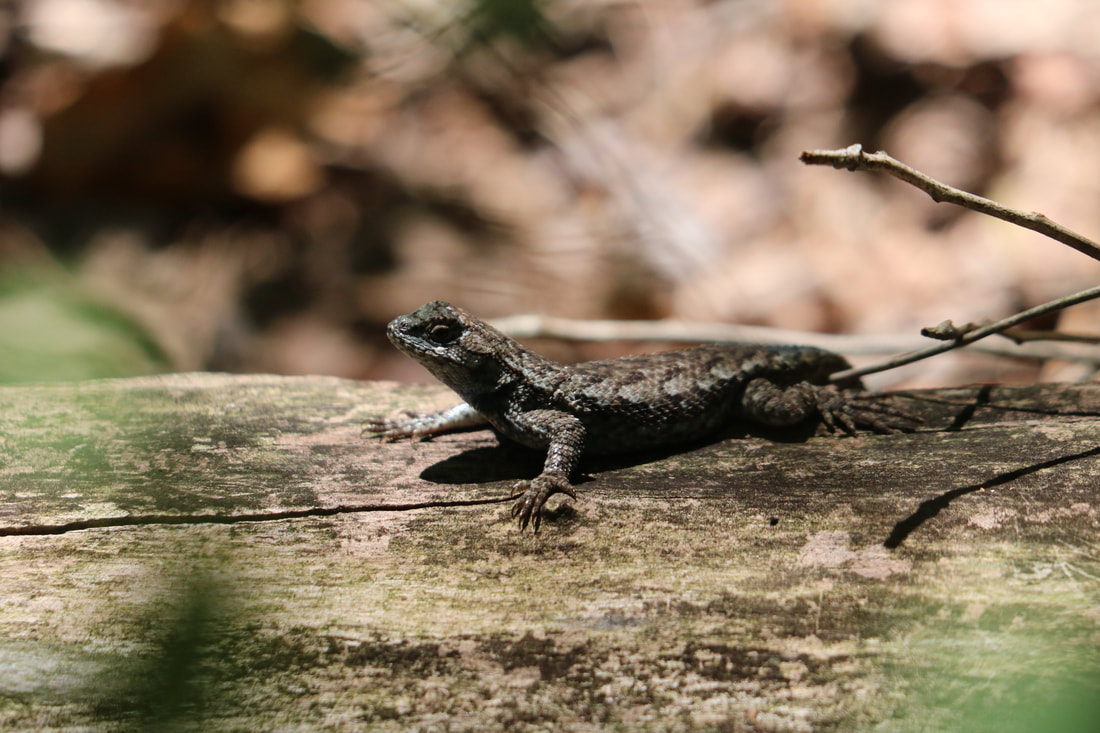Picture wild horses charging down a sandy beach on a remote island. Suddenly they stop near a patch of fresh grass and an older mare takes up her station in the lead. Meanwhile the stallion takes a position in the rear of the group. As the herd begins to graze, a young foal steps to its mother’s side for a drink of fresh warm milk. As the small band of horses goes about its business, ocean waves crash a few feet away.
Such a scene is not just imagination, for these are the feral horses - feral is the word for a domestic animal that returns to the wild – of Assateague Island. A heard of 150 grace the Chincoteague National Wildlife Refuge on the south end of Assateague Island,
This wildlife refuge lies on the Atlantic flyway, the easternmost route for North America’s migratory birds, and was established for the snow geese in 1943. When land is set aside for one species, many others benefit. One which benefits from the Chincoteague National Wildlife Refuge is the wild pony. Their range is preserved forever as part of the refuge.
This arrangement also benefits the fire department of nearby Chincoteague Island, for they are the legal owners of these horses which graze on the refuge under special permit. The horses are better known as Chincoteague ponies, and their status as ponies or horses has been debated.
Each year, during the final week of July, the firemen don cowboy clothing and round up their ponies. The roundup takes place on Monday and Tuesday, and the animals are corralled on the island. On Wednesday they swim across a strait to neighboring Chincoteague Island.
Thousands of people come each year to see the ponies swim and to see the Thursday auction. The foals are sold to the many buyers anxious to add the sturdy animals to their herds. Generations of life on the wind-swept island have made the ponies hardy, and they pass on their hardiness to future generations.
On Friday the adult ponies and any unsold foals swim back to Assateague Island. Enough foals are returned each year to maintain the herd, and some horses are added from time to time to keep the herd strong and diverse.

 RSS Feed
RSS Feed